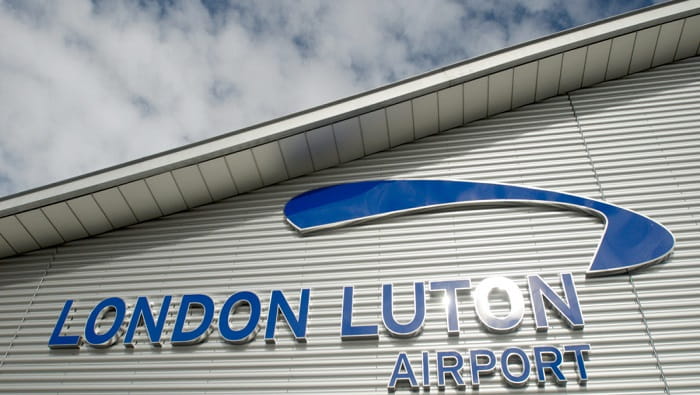The 30-year growth plan is part of Luton Council’s £1.5bn inward investment programme, and will enable the airport to accommodate 240,000 flights annually. The airport is owned by Luton Borough Council.
The plan is LLAL’s response to the UK Government’s recent call for the country’s airports to make the best use of their existing runways.
As part of the expansion plan, LLAL has commissioned new ‘best-in-class air quality monitoring’ equipment. Construction is scheduled to commence next year on the £225m passenger transfer service Luton DART (Direct Air to Rail Transit), which will reduce journey times from Luton Airport Parkway station to the terminal to three minutes.
LLAL chairman and Luton Council portfolio holder for finance Andy Malcolm said: “London Luton Airport is a huge success story. On the back of 44 consecutive months of passenger growth, it is the fifth largest and fastest growing major airport in the UK, sustaining an estimated 33,000 jobs across the region, and contributing more than £1.5bn per year into the UK economy.
“The airport’s growth has been so fast in fact that at its current rate it is due to reach the current permitted capacity of 18 million passengers per annum in 2021.
“There is now a vital need to plan for London Luton Airport’s long-term future, to ensure the regional economy can enjoy the benefits of this through inclusive growth, and to help meet demand for UK aviation.”
LLAL generates significant direct income for Luton Council, contributing £25.6m for vital services and infrastructure investment in 2016-17.
Leader of Luton Council Hazel Simmons said: “LLAL is working with us as a key partner in delivering the Luton Investment Framework, and it is clear that the airport cannot stand still if it is to pull its weight for Luton and for the UK and sub-regional economies.”
LLAL said that it is committed to a full, robust and thorough approach to engaging with residents and communities. It will start consulting on the masterplan in mid-2018.
Subsequently, LLAL will submit an application for a development consent order to the national planning inspectorate, as it would be considered a nationally significant infrastructure project.


































